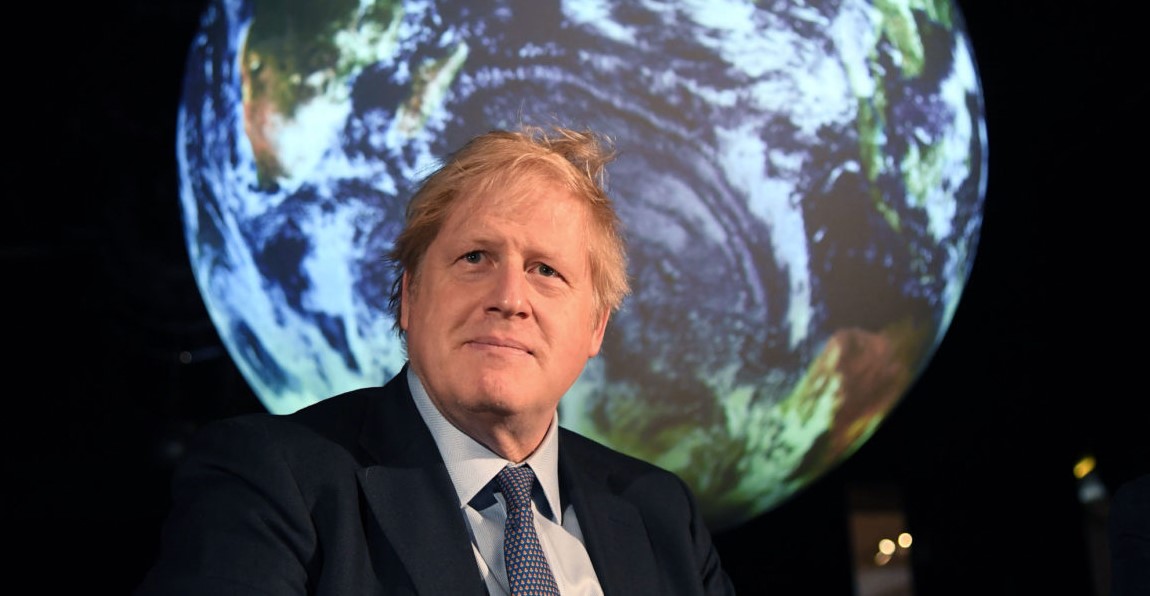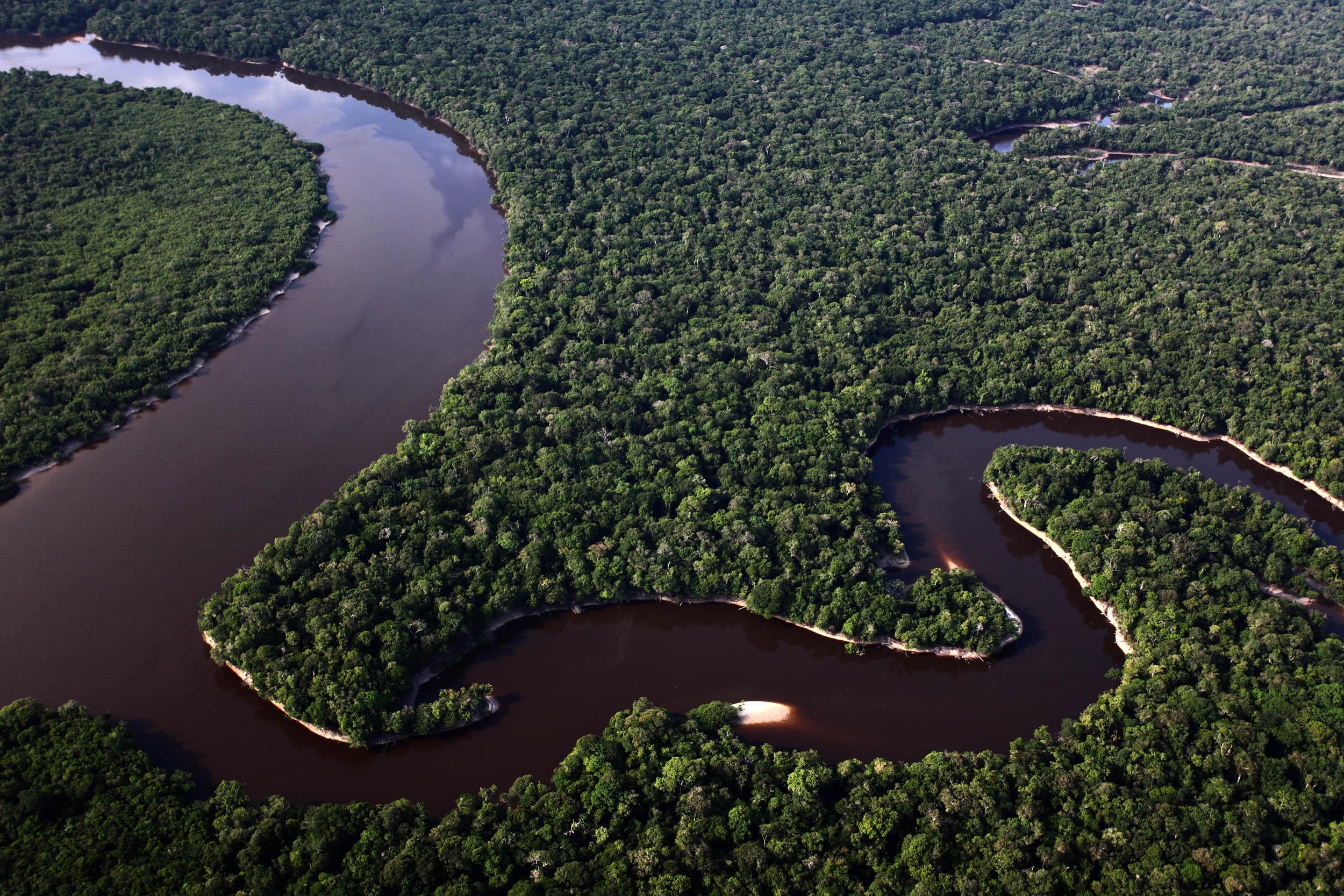The world’s leading climate scientists just released their latest massive assessment on the impacts of climate change and how and to what extent we can adapt to those impacts.
No time to dive into the thousands of pages in the report? No worries. Here are the five key takeaways you should know about the Intergovernmental Panel on Climate Change (IPCC) report on impacts, adaptation and vulnerability.
1. Climate risks are appearing faster and will get more severe sooner
This really nails it. Climate change is already causing widespread losses and damages to nature and people, destroying lives, homes, livelihoods and culture. And it will get worse. Scientists have now updated their overall assessment, and concluded that risks will increase at lower global warming levels than estimated in earlier IPCC reports. Warming effects on ecosystems have been experienced earlier, are more widespread, and have greater consequences than anticipated.
2. We are not prepared, even for the current impacts, and it’s costing lives
While attempts to adapt to the worsening climate hazards have increased globally, most of it is still too little too late, and not reaching those most in need. As a result, the number of people exposed to climate hazards has been increasing, not declining.
Lives and homes have been lost around the world. But in highly-vulnerable countries mortality from floods, drought and storms was a whopping 15 times higher in the past decade, compared to countries with very low vulnerability.
It didn’t need to be this way. Inclusive, equitable, and sufficiently resourced plans for adaptation and climate-resilient development, that meet the needs of the most vulnerable, would save lives, homes and futures.
3. More warming brings more problems
Limiting warming to 1.5°C (the Paris Climate Agreement warming limit) would substantially reduce projected losses and damages, but can not eliminate them. Every warming increase is making the situation worse, pushing more people and species to their limits and beyond.
Those losses and damages are unequally distributed and are not comprehensively addressed by current financial, governance and institutional plans, particularly in vulnerable developing countries.
4. We must restore nature and protect at least 30% of the Earth for it to protect us
Safeguarding planetary health is fundamental for our health and essential for climate-resilient development. Diverse, self-sustaining ecosystems with healthy biodiversity provide multiple essential contributions for tackling climate change. Importantly, scientists emphasise that maintaining the resilience of the natural world depends on protecting approximately 30% to 50% of Earth’s land, freshwater and ocean areas.
5. This is the critical decade for securing a liveable, equitable and sustainable future
We need to move from incremental to transformational, inclusive change. Climate change impacts and risks are becoming increasingly complex and more difficult to manage, as different hazards occur simultaneously and interact with multiple risks created by unsustainable development models and social injustice. What’s needed is not more incremental steps, but comprehensive and inclusive transitions in energy, food, industrial, urban and societal systems that deliver climate resilient, equitable development, without delay.
Ready to move into action right away? Here’s another three-point list of actions you can take right now.






